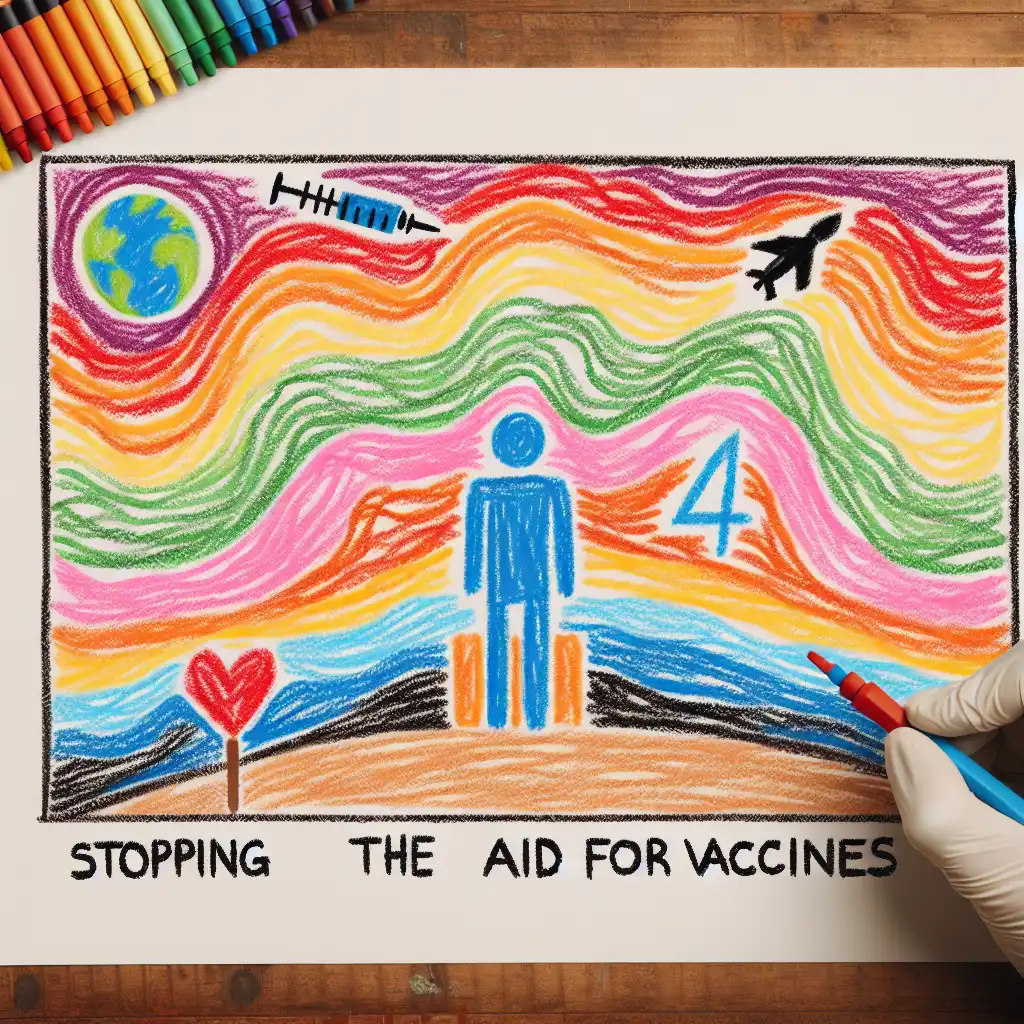Why has RFK Jr scrapped funding for vaccines?

Explain Like I'm 5
Imagine you have a piggy bank where you've been saving up coins to buy a big, shiny toy. But one day, you decide that maybe the toy might not be as fun as you thought, and it could even break other toys you already have. So, you stop putting more coins into the piggy bank for that toy. RFK Jr has done something like that. He was helping to give money to scientists who are working on a special kind of medicine called mRNA vaccines. But now, he thinks that this medicine might not be as good as everyone hoped, and it might even cause some problems. So, he's decided not to give money for this anymore.
Explain Like I'm 10
RFK Jr and the U.S. government were giving a lot of money, like $500 million, to help scientists research and develop mRNA vaccines. These are a new type of vaccine that work a bit differently from the ones we usually get. But recently, RFK Jr has decided to stop this funding. He thinks that these vaccines might have more risks than benefits, which means they could cause more problems than they solve. It's a big decision because a lot of people and scientists think these vaccines are important for fighting diseases. Now, without the money, it might be harder for scientists to continue their work on these vaccines. This decision has made many people talk and argue about whether it was the right thing to do.
Explain Like I'm 15
RFK Jr, a prominent figure in the U.S., has made a controversial decision to pull out $500 million in government funding from the research and development of mRNA vaccines. These vaccines, like those used for COVID-19, use a new technology that teaches our bodies how to fight off certain viruses by using a bit of genetic information. RFK Jr's decision is based on his belief that these vaccines pose more risks than benefits, suggesting that they might be harmful or less effective than expected.
This funding cut is significant because it means less money for research into these vaccines, which could slow down or halt the development of new mRNA vaccines against other diseases. The decision has sparked a lot of debate. Supporters of mRNA vaccine research argue that these vaccines are a breakthrough in medical science, crucial for tackling viruses quickly and effectively. Critics, on the other hand, share RFK Jr's concerns about safety and efficacy.
The broader implications of this decision could affect public health policy and vaccine development globally. It raises questions about how we balance innovation in medicine with safety and public trust. What happens next could influence how vaccines are developed and funded in the future and shape public and scientific opinion on new medical technologies.
Want to read the original story?
View Original Source